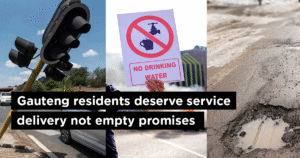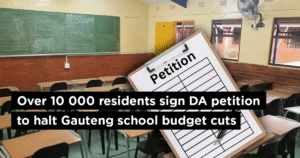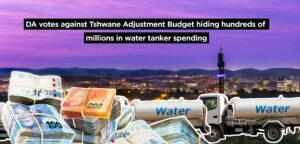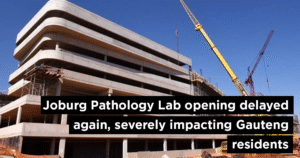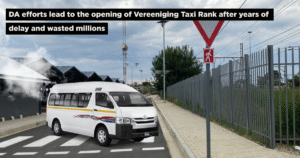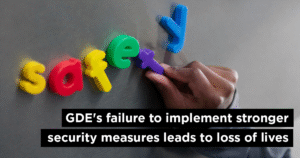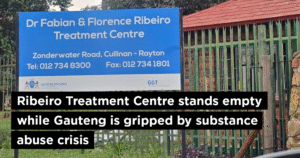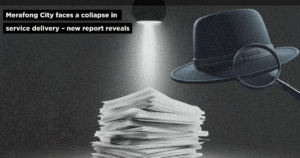The Gauteng Provincial Government (GPG) has taken a national liability by paying R3.8 billion to cover the first instalment of the e-Toll debt.
The GPG has agreed to fund 30% of the e-Toll debt, debt servicing costs and maintenance backlogs. This financial burden should not have been shifted to the province; the national government should be held responsible for this debt as these are national roads.
For years, the Democratic Alliance (DA) has argued that the money should be recovered from a fuel levy, as Gauteng pays approximately 70% of the national fuel levy. While the Gauteng Provincial Treasury, through MEC Lebogang Maile, has explained that the debts will be funded through the province’s own revenue, this own revenue—R8 billion—has already been allocated to spending in the medium term.
The arrangement, as explained by MEC Maile, would see Gauteng effectively paying approximately R20 billion in e-Toll costs over 5 years, while the national government would cover the remaining 70% of the bill.
However, this arrangement effectively forces the people of Gauteng to pay for a national entity’s debt, which is not only unjust but also a misallocation of provincial resources. Premier Panyaza Lesufi should have resisted agreeing to such an arrangement, as it is tantamount to a bailout of the South African National Roads Agency (SANRAL), a national entity.
While MEC Maile has given assurances that service delivery would not be affected by this payment, the fact remains that the province will be servicing debt and maintaining assets that do not reflect on their books. This comes at a huge cost for the many provincial priorities that deserve attention and further exacerbates the ever-increasing deficit.
The DA in Gauteng will continue calling on the provincial government to tighten its belt and ensure that service delivery is not affected by this perplexing agreement between the province and the National Treasury.
A DA government would reverse this decision of Gauteng paying a portion of the e-Toll debt. We predict that the R13 billion commitment is likely to balloon to over R20 billion which is equivalent to the total cost of the original Gauteng Freeway Improvement Project. This means that e-Toll debt will cost Gauteng almost three times the construction cost. Our residents deserve a government that puts service delivery first and does not take on debt that should be financed by the national government.
